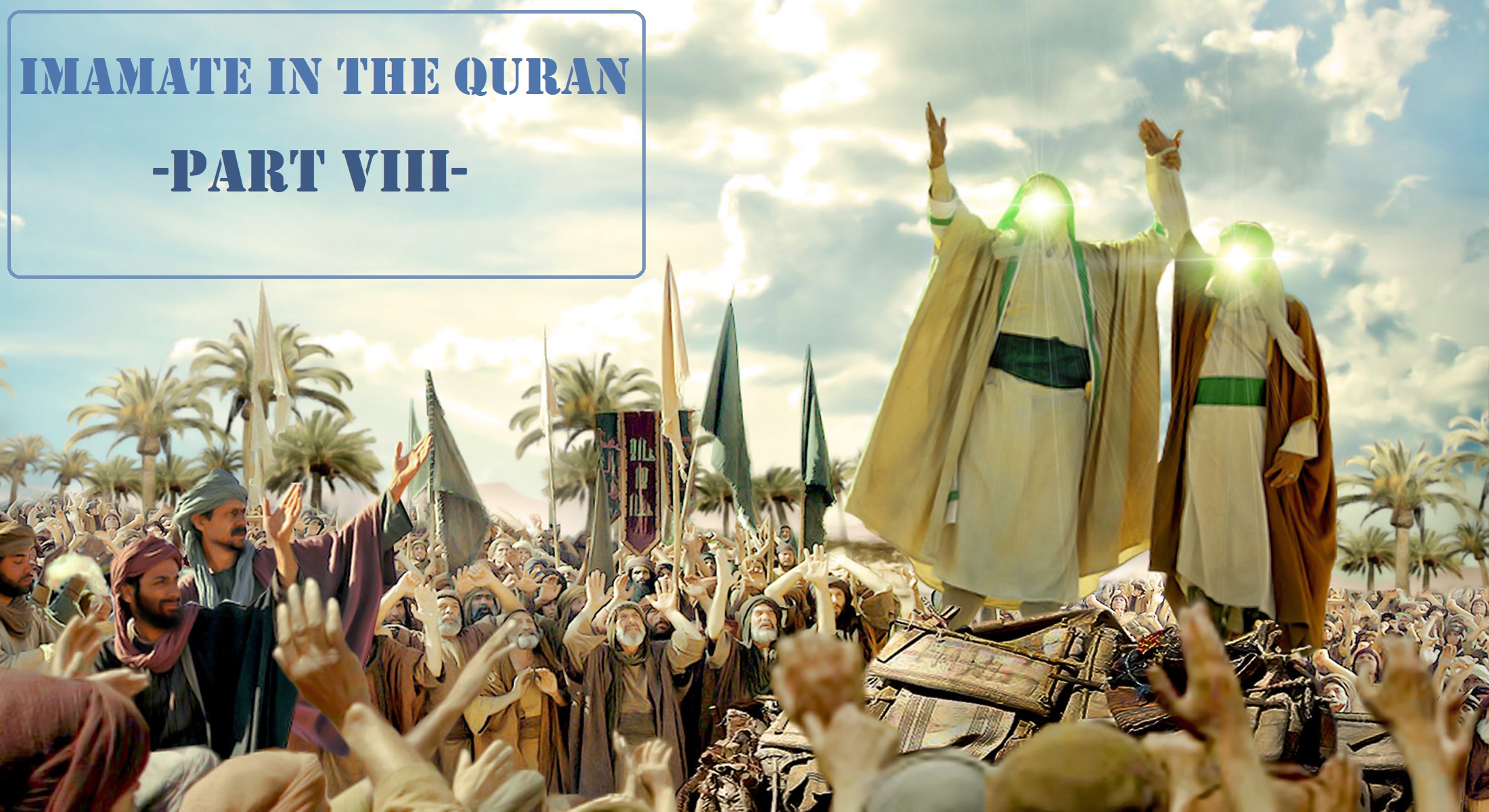Lecture 19 in the Ramadaan series:
UNPACKING THE MOST INTRIGUING QUESTIONS IN THE QURAN
Wednesday 13 May 2020 (20th Night of Ramadaan 1441)
Ahlul Bait (a.s) Masjid, Ottery, Cape Town
Mowlana Syed Aftab Haider
IMAMATE HAS A MEANING BEYOND BEING “IDEAL EXAMPLE”
On this point, after proving that Nubuwwat and Imamate are not the same and are different levels of responsibility, some people present the argument that Imam refers to “the ideal example”. When the term Imam is used for different Prophets in the Holy Quran, it is referring to the fact that they are the perfect examples to be followed. This interpretation is rather distant from the explicit meaning to Imam in the verses explained in the previous lecture.
If you look at the verse we have discussed at length, namely verse 124 of Surah Baqarah (chapter 2 of the Holy Quran), its meaning is very clear in that Allah (SWT) is saying that He will make Nabi Ibrahim (a.s) as the Imam, and this appointment as Imam came long after he became a Prophet:
وَإِذِ ابْتَلَىٰ إِبْرَاهِيمَ رَبُّهُ بِكَلِمَاتٍ فَأَتَمَّهُنَّ ۖ قَالَ إِنِّي جَاعِلُكَ لِلنَّاسِ إِمَامًا ۖ قَالَ وَمِنْ ذُرِّيَّتِي ۖ قَالَ لَا يَنَالُ عَهْدِي الظَّالِمِينَ
And when his Lord tried Ibrahim with certain words, he fulfilled them. He said: Surely I will make you an Imam of men. Ibrahim said: And of my offspring? My covenant does not include the unjust, said He.
If we were to adopt the meaning of Imam as indicating “the ideal example”, then by virtue of Nabi Ibrahim (a.s) being appointed the ideal example in his old age means that he was not an example during his earlier tenure as a Prophet?
Another way to understand this point is that Nabi Ibrahim (a.s) got offspring in his old age. This is not an issue of dispute or disagreement. How is it possible that he was not an example throughout his life while a Rasul and when he had to endure the hardest tests such as being in the fire of Nimrod, or when he was commanded to sacrifice his son, Nabi Ismail (a.s) and when he courageously challenged the idols of his time.
Was he not an example through all of this, which occurred while he was a Prophet, before he became an ideal example according to this definition of Imam? This definition clearly does not reconcile and is therefore not possible to accept.
We are learning some very important points from these verses. The first was the understanding of “ja’l”, referring to the appointment being divine, from Almighty Allah (SWT). The second was that Imam means leader in a particular sense, and not the simply an ideal example.
IMAMAT IS A DIVINE COVENANT
The third is also very important, that when Nabi Ibrahim (a.s) was honoured with this status of Imamate (leadership) in his old age, he asked Almighty Allah (SWT) to grant this Imamate to his offspring too. Almighty Allah (SWT) replies saying that His covenant will not reach oppressors!
The key point to digest here is that Almighty Allah (SWT) is saying in verse 124 of Surah Baqarah (cited above) that Imamate is His covenant. The question that arises here is whether anyone is able to achieve or acquire this divine covenant through election or a consultative process?
Can I achieve the divine covenant from Almighty Allah (SWT) through a popularity contest with majority votes? Or can I achieve the divine covenant from Almighty Allah (SWT) through a selection made by the elite of society and imposed upon the masses to pledge allegiance to? These are clearly not possible channels to achieve that divine covenant of Imamate.
Let me again repeat, I am not yet talking about the Imamate of the Ahlul Bait (a.s). The major discussion thus far has centred around the Imamate of Nabi Ibrahim (a.s) referred to in verse 124 of Surah Baqarah referenced above. This is where the principles of Imamate are established as a divine covenant from Almighty Allah (SWT) and not through any other means. The event of Saqifah cannot create a divine covenant from Almighty Allah (SWT).

